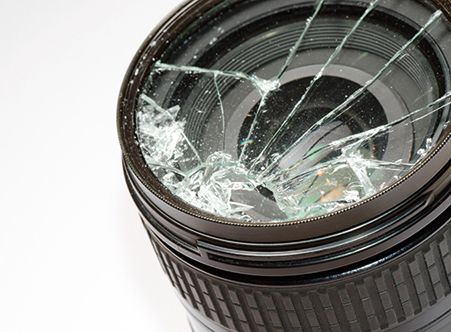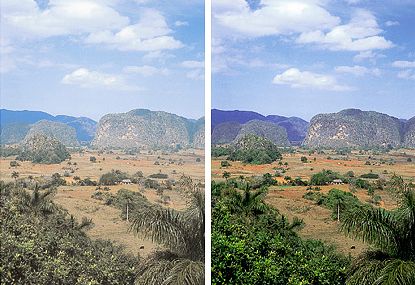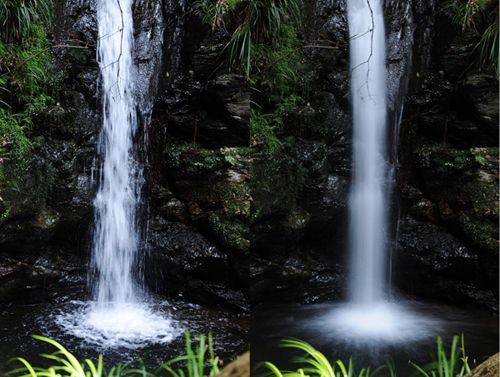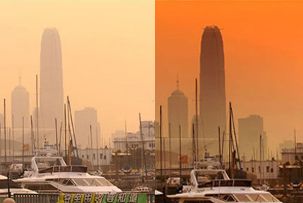- Sale
- 360 Degree Photography
- Battery and Battery Grip
- Backgrounds Even Color
- Backgrounds with Print
- Background Systems
- Cameras
- Camera Accessories
- Camouflage
- Continuous and Videolight
- Filters, Converters and Rings
- Photo frames
- Clamps and Adapters
- Cases and Bags
- Bulbs
- LED Lighting
- Magnifying Glasses
- Macro Photography
- Microphones
- Microscopes
- Night Vision Devices
- Shooting Tables and Tents
- Outdoor and Survival
- ID Photo Systems
- Flash Umbrellas
- Printers
- Reflectors
- Reflectors and Snoots
- Riflescopes
- Rigs Sliders and Stabilizers
- Camouflage Hides
- Smartphone Accessories
- Soft Boxes and Beauty Dishes
- Speedlite Camera flashes
- Spotting scopes
- Tripods and Ballheads
- Strobist
- Studio Accessories
- Studio Flashes and Kits
- Tecco Ilford Print Media
- Telescopes
- Trigger Sets
- Binoculars
- Thermal Imaging
Filters
A filter is a special optical aid that is affixed or mounted in a holder accessory, to the lens of a SLR camera.
Why use Filters?
A photographer will often use a filter for technical or artistic reasons. The technical reasons vary depending on what and where the photographer is shooting his/her photos. A UV filter is an example of a technical filter and is used to remove the blur and haziness of a photograph created by the Ultraviolet (UV) light, produced by the sun. Similarly, there are many filters that are used for artistic reasons too. When photographing a fish in water for example, a CPL filter is often used to remove the reflection of the water.
Different Types of Filters
Protection Filters
 A protection filter is a neutral protection filter that protects the objective lens of a camera without affecting the image. Protection filters are made up of an anti reflection coating for incoming light, dust and water resistance. This filter does not affect the exposure time; it is purely used as a protection shield for the lens. There are three variations of protection filters available:
A protection filter is a neutral protection filter that protects the objective lens of a camera without affecting the image. Protection filters are made up of an anti reflection coating for incoming light, dust and water resistance. This filter does not affect the exposure time; it is purely used as a protection shield for the lens. There are three variations of protection filters available:
UV Filters
 UV filters blocks the ultraviolet radiation to reduce the blur and hazy effect invisible to the human eye, caused by the sun. In addition, the UV filters ensure a greater intensity of colour and increase the contrast of the photos. Such as the protection filter, the UV filter does not affect the exposure time and can therefore, also be used as a protection filter.
UV filters blocks the ultraviolet radiation to reduce the blur and hazy effect invisible to the human eye, caused by the sun. In addition, the UV filters ensure a greater intensity of colour and increase the contrast of the photos. Such as the protection filter, the UV filter does not affect the exposure time and can therefore, also be used as a protection filter.
There are 4 variations of UV filters available:
Grey Grad / Neutral Density Filters
 A grey grad or neutral density filter absorbs light and delays the light exposure. Because of this, the grey grad filter allows you to use an extended shutter speed without capturing an overexposed image. For example, an image captured during the day with a shutter speed of 60 seconds and a standard light exposure setting will produce a white image. A grey grad filter will allow you to do this without producing a white photograph. Further, this filter can be used to achieve motion blur effects with a slow shutter speed.
A grey grad or neutral density filter absorbs light and delays the light exposure. Because of this, the grey grad filter allows you to use an extended shutter speed without capturing an overexposed image. For example, an image captured during the day with a shutter speed of 60 seconds and a standard light exposure setting will produce a white image. A grey grad filter will allow you to do this without producing a white photograph. Further, this filter can be used to achieve motion blur effects with a slow shutter speed.
There are three variations of grey grad filters available:
Colour Grad Filters
Colour grad filters are used to add a certain colour effect to an image. Such filters are screwed to the lens of the camera and are available in a range of colours. Colour grad filters do not change or add colour to the whole image rather, they gradually affect one half of the photo. These filters are often used when photographing models, cars, landscapes and sunrise or sunsets.
Polarizing Filters
 Polarizing filters are used in specific conditions. For example, when photographing a fish underwater, a polarizing filter can be used to remove the reflection of the water. Further, polarizing filters are also often used to again, remove the reflection when photographing objects through glass and to enhance colour in landscape photos. Through this filter, the shutter speed can be extended from 1.5 to 2 stops.
Polarizing filters are used in specific conditions. For example, when photographing a fish underwater, a polarizing filter can be used to remove the reflection of the water. Further, polarizing filters are also often used to again, remove the reflection when photographing objects through glass and to enhance colour in landscape photos. Through this filter, the shutter speed can be extended from 1.5 to 2 stops.
There are five variations of polarizing filters available:
Star Filters
Star filters, also known as cross screen filters, are used to create star patterns from bright objects. The lines radiating outward from these bright objects are generated by a small diffraction grating embedded in the filter. Such filters are often used for night photography and party and event photography.
There is one variation of the star filter available:
Variations
As you can see, there are many variations of the above listed filters available. Below is an outline of the five variations available through Benel.
Standard Filters
Standard filters are simply used for effect they create and act as an additional protective layer for the camera lens.
Slim Fit Filters
As the name suggests, slim fit filters are extremely thin and are therefore ideal for wide-angle lenses. Normal filters are 7.2mm thick, while slim fit filters are 5.3mm thick. Slim fit filters are made from the same glass as DHG filters and contain a UV multi coating.
DHG Filter
DHG filters are made up of an antireflection coating and a matte black metal rim and black glass edges to minimize unwanted reflections.
Super DHG Filters
Super DHG filters are made up of a matte black metal rim and black glass edges to minimize internal reflections. Further, these filters are equipped with a coating to resist dust, oil and water.
Exus Filters
Similar to the super DHG filters, exus filters are made up of a matte black metal rim and black glass edges to minimize internal reflections. Exus filters are also equipped with a coating to resist dust, oil and water and contain a specialized antistatic coating.